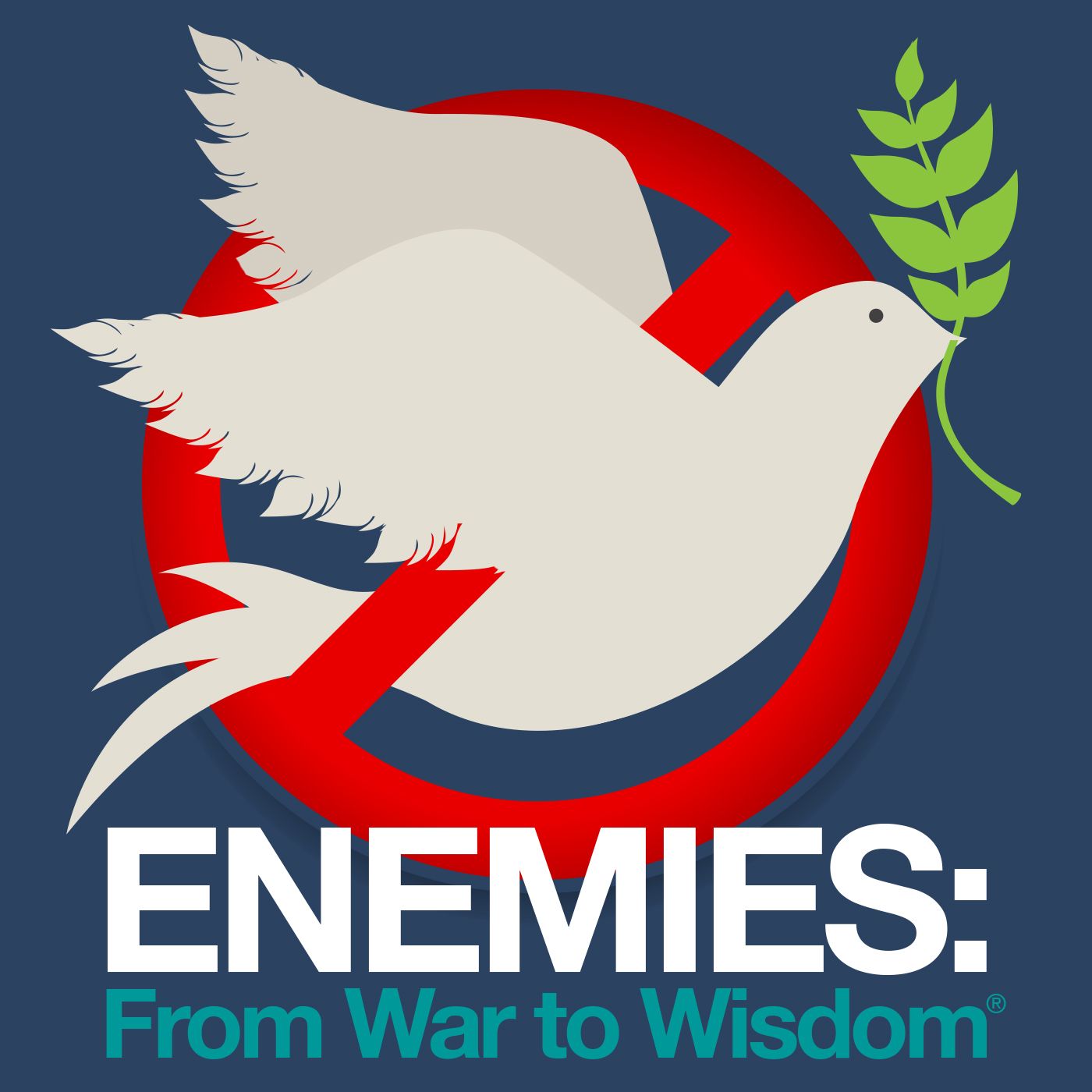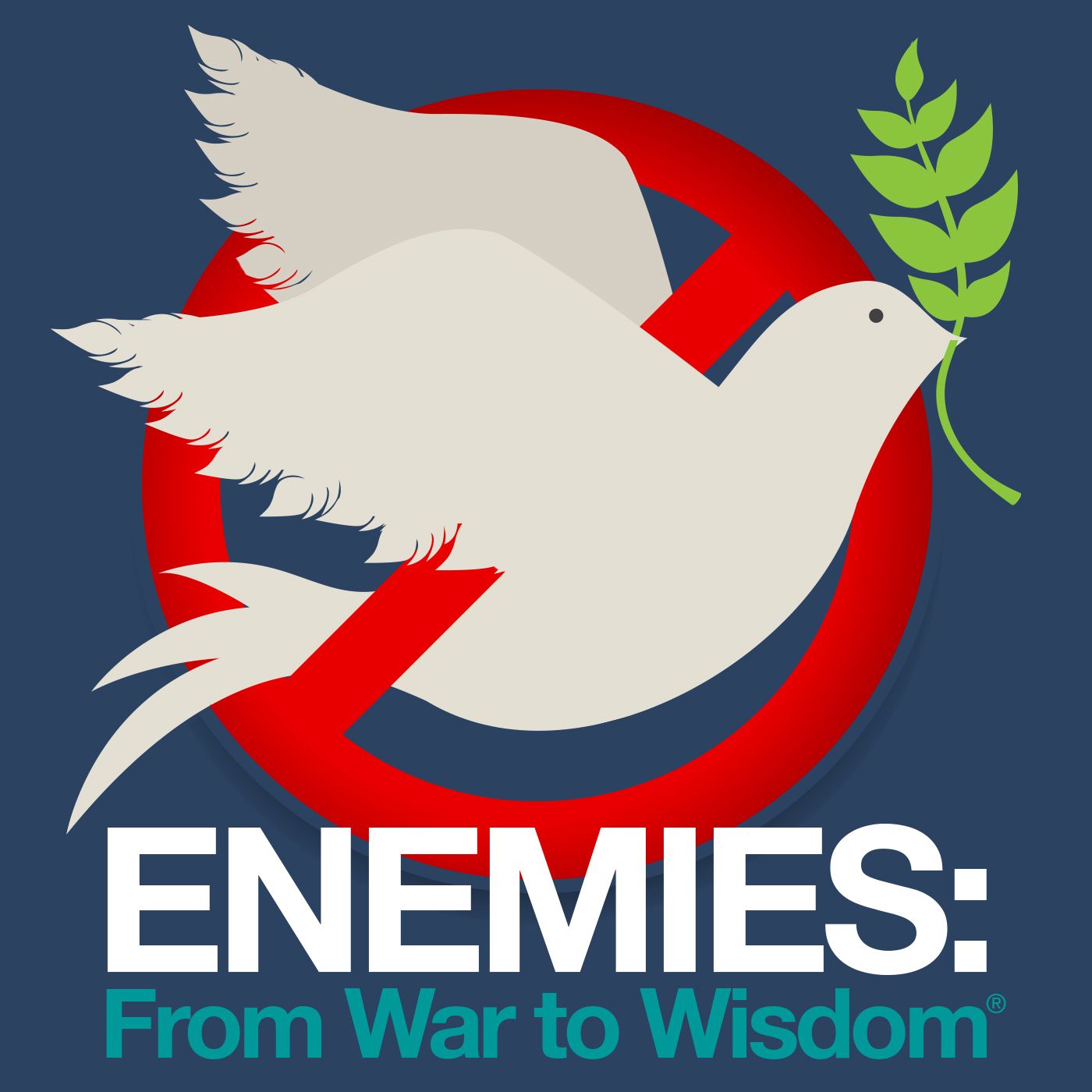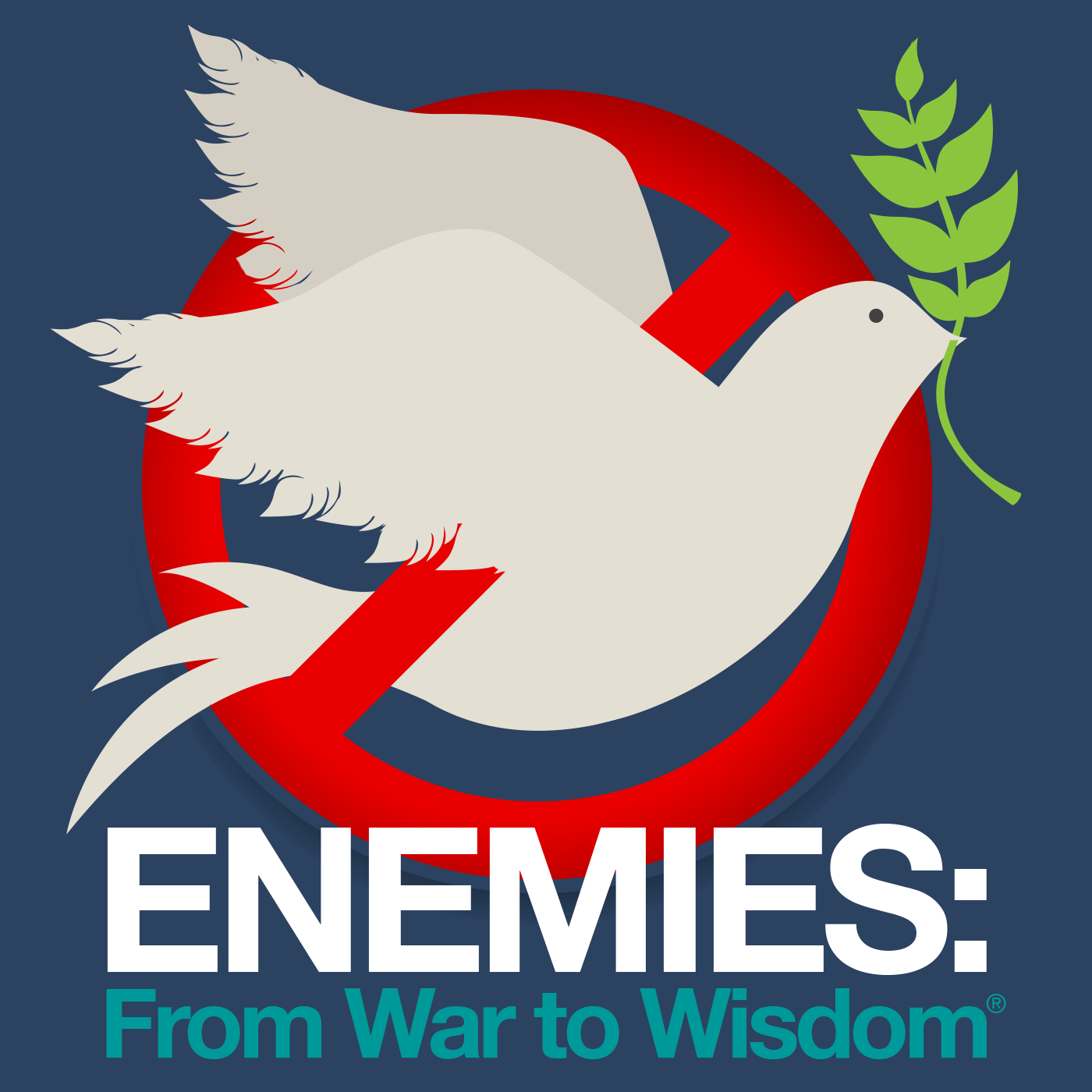In this episode, we discuss the meaning of curiosity as a primary emotion and how it is expanded or restricted, throughout our development from infancy through old age, by conscious and unconscious factors. Curiosity or “interest” motivates us to engage with our experiences in ways that we can learn from them. The human infant is born with a primary motivation to investigate its experiences with curiosity, even when they are painful. Naturally, our curiosity help us survive by allowing us to discern the markers of pleasure and pain.What blocks our curiosity, then, when we are relating to each other as adults? How and why do we lose interest when we disagree or believe we “have heard it all, already”? Why do we close our ears to what we disagree with or find emotionally threatening? In this podcast, we talk about how we can retain our natural curiosity and the “Don’t Know Mind” even when we are in a difficult conversation.

Why is it so hard to hear and feel another person’s meaning when you are in difficult conversations? Even though you may love the...

What is death? Is it a flat-lining on the EEG in which the brain goes quiet? Is it cardiac arrest, the stopping of the...

There are many public debates about “free speech” in terms of limiting “hate speech” that includes insults, hostility, or slander against others, especially “vulnerable...